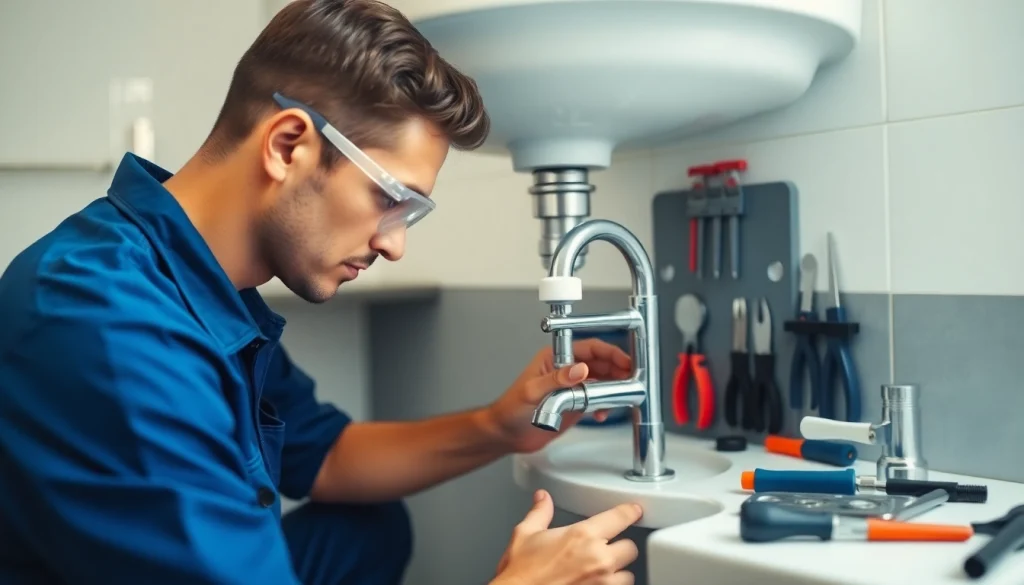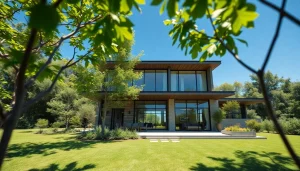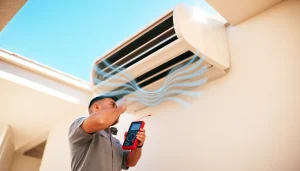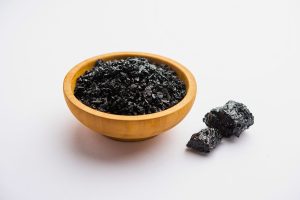Professional Plumbing Solutions: Your Guide to Expert Installations

The Importance of Quality Plumbing
Plumbing is an essential aspect of every building, whether it’s a home, office, or industrial facility. It forms the backbone of our water systems, ensuring clean water supply and efficient waste disposal. Understanding quality plumbing is vital for any property owner seeking longevity and safety in their systems. You can find expert plumbing services that ensure all your plumbing needs are met effectively and efficiently.
Understanding Plumbing Systems
At its core, plumbing encompasses all components involved in the transportation of water and waste. A typical plumbing system is divided into two main subsystems: the water supply system and the drainage system.
- Water Supply System: This subsystem brings fresh water into the building via pipes, usually from a municipal source or well. It comprises various fixtures such as faucets, toilets, and appliances requiring water.
- Drainage System: In contrast, this subsystem directs wastewater away through a series of pipes that rely on gravity to function effectively, including vents, traps, and drain stacks. Properly designed drainage systems prevent backflow and ensure sanitary waste disposal.
Common Plumbing Issues
Many homeowners encounter plumbing issues at some point. Understanding these can help one identify problems early:
- Clogs: Result from debris buildup in drains, affecting both the efficiency and hygiene of the plumbing system.
- Leaks: Leaky pipes can cause significant damage if not fixed promptly, leading to mold growth and structural damage.
- Low Water Pressure: Often indicates underlying issues such as pipe corrosion or blockages that require immediate attention.
- Running Toilets: This can waste a significant amount of water and is often caused by a faulty flapper valve.
Choosing the Right Plumbing Materials
Selecting quality materials is crucial for durability and performance. Here are some common materials used:
- PVC (Polyvinyl Chloride): Widely used for drain, waste, and vent systems due to its resistance to corrosion and low cost.
- CPVC (Chlorinated Polyvinyl Chloride): Similar to PVC but can handle higher temperatures, making it ideal for hot water lines.
- Pex (Cross-Linked Polyethylene): Flexible tubing that is resistant to corrosion, often used for water supply lines due to its ease of installation.
- Coated Copper: The traditional choice for plumbing, known for its longevity and reliability.
Basics of Plumbing Setup
Installing a plumbing system requires understanding the layout, design, and basic requirements. Here are some foundational concepts.
Essential Tools for Plumbing
Equipping yourself with the right tools can significantly ease the plumbing installation process. Essential tools include:
- Pipe Wrench: Used to tighten or loosen plumbing pipes.
- Tape Measure: For accurate measurements during installation.
- Plumbing Snakes: These help to clear clogs in drains.
- Pipe Cutter: Essential for cutting pipes to the desired length.
Step-by-step Plumbing Installations
Understanding how to carry out basic plumbing installations can come in handy:
- Planning the Layout: Before beginning any installation, map out the layout of pipes and fixtures. Consider the flow of water and placement of various fixtures.
- Shut Off the Water Supply: Always turn off the main water supply before starting any work to prevent flooding.
- Install Pipes: Follow the planned layout to connect pipes securely. Ensure all joints are tight to avoid leaks.
- Connect Fixtures: Once the piping is in place, attach fixtures appropriately, ensuring a tight fit.
- Test the System: Turn on the water supply to check for leaks or issues. Make adjustments as necessary.
Safety Tips for DIY Plumbing
While plumbing can be a manageable DIY project, safety should be your priority.
- Wear Protective Gear: Safety goggles and gloves can prevent injuries during installation.
- Keep a First Aid Kit Handy: Accidents can happen; being prepared is crucial.
- Understand Water Safety: Be aware of electrical hazards when working with water systems.
Advanced Plumbing Techniques
As you become more comfortable with plumbing, consider exploring advanced techniques that enhance your plumbing knowledge and capabilities.
Understanding Complex Plumbing Systems
Complex plumbing systems often involve multiple subsystems functioning together, especially in large buildings. Key components include:
- Gravity Drainage: This relies on gravity to remove waste effectively.
- Pressurized Systems: These systems supply water under pressure to enhance flow rates, especially in high-rise buildings.
- Backflow Prevention: Essential devices, such as backflow preventers, safeguard against contamination from wastewater.
Innovative Plumbing Technologies
Innovation drives plumbing forward with technologies designed to improve efficiency:
- Smart Plumbing: Devices like smart faucets and toilets monitor water usage and allow easier control through apps.
- Low-Flow Fixtures: Designed to conserve water without sacrificing performance, these fixtures are environmentally friendly.
- Tankless Water Heaters: These heat water on demand, providing instant hot water while saving energy.
Eco-friendly Plumbing Solutions
Being environmentally conscious not only helps the planet but can also reduce costs. Consider these eco-friendly solutions:
- Rainwater Harvesting: Systems designed to collect and utilize rainwater for irrigation and toilets can significantly reduce water usage.
- Gray Water Recycling: This system reuses water from baths, sinks, and laundry for irrigation or toilet flushing.
- Energy-efficient Fixtures: Upgrading to Energy Star appliances can lower energy consumption while maintaining efficiency.
Maintaining Your Plumbing System
Regular maintenance is essential to prolong the life of your plumbing system. Proper care can prevent costly repairs later.
Routine Maintenance Practices
Performing routine checks can catch problems before they escalate. Suggested practices include:
- Annual Inspections: Hire a professional to conduct an inspection of your plumbing system annually.
- Regularly Clean Drains: Use natural solutions like baking soda and vinegar regularly to minimize buildup in pipes.
- Monitor Water Pressure: Ensuring proper water pressure can prevent pipe damage or leaks.
Signs of Plumbing Problems
Being attentive to symptoms can help identify plumbing issues quickly:
- Foul Odors: Unpleasant smells can indicate sewer line issues or clogs.
- Unexplained Water Bills: A sudden spike in water bills may be a sign of leaks.
- Water Stains or Dampness: Any signs of moisture on walls or ceilings can indicate leaks that need immediate attention.
Emergency Plumbing Situations
Knowing how to handle emergencies can save you time and money:
- Shut Off Water Supply: In case of a major leak, immediately turn off the main supply to prevent flooding.
- Know When to Call a Professional: Some situations, like sewage backups, require professional intervention.
- Prepare an Emergency Kit: Keep essential tools and contact information for a plumber handy for emergencies.
Choosing a Plumbing Professional
If you feel overwhelmed or unsure about your plumbing issues, hiring a qualified professional may be your best route. However, understanding how to choose the right one is essential.
What to Look for in a Plumber
When searching for a plumber, consider the following attributes:
- Licensing and Insurance: Ensure your plumber is licensed and carries liability insurance.
- Experience: Look for plumbers with a proven track record and positive reviews.
- Specializations: Some plumbers specialize in specific areas, such as renovations or repairs, ensuring they possess the expertise for your needs.
Questions to Ask Your Plumber
To gauge their reliability and expertise, ask these questions:
- What is your service area? Ensure they service your location.
- Can you provide references? A reputable plumber will have previous clients willing to provide testimonials.
- Do you give estimates for projects? Transparent estimates help prevent unexpected costs later.
Evaluating Plumbing Service Costs
Understanding how plumbing service costs are structured is vital for budgeting:
- Flat Rate vs. Hourly: Some plumbers charge by the hour, while others may offer flat rates for specific services.
- Material Costs: Discuss who will cover the costs of materials beforehand to avoid miscommunication.
- Hidden Fees: Always inquire about additional fees that might not be included in the initial estimate.







